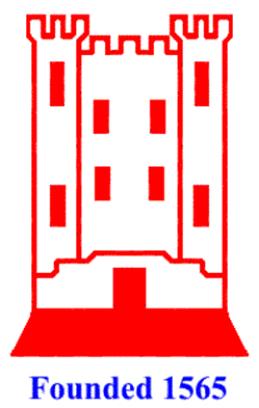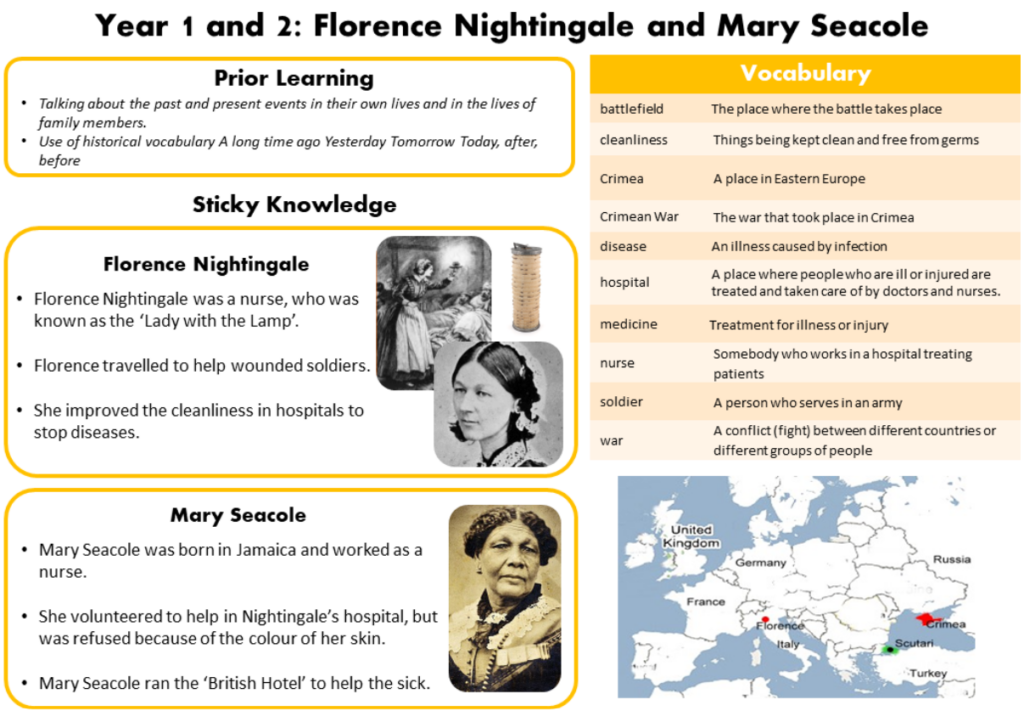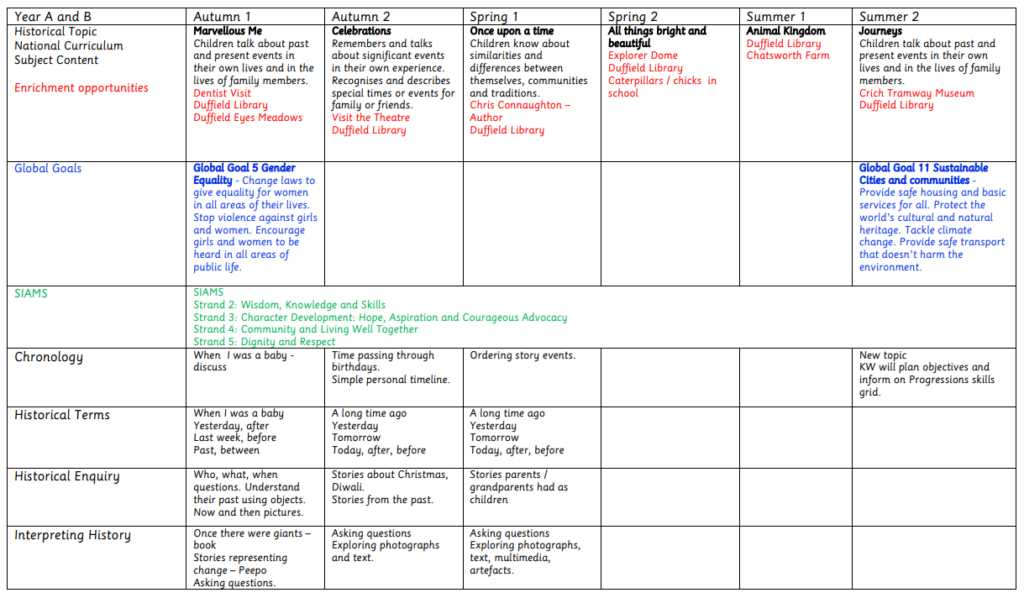History
At William Gilbert Endowed Primary School, we aim for our high quality history curriculum to empower our pupils to think and act as historians by nourishing their aspirations on how they can be an agent for change and positively influence their future both in their community and the wider world. We aim to inspire our pupils to enrich their knowledge and understanding about the Britain’s past, and that of the wider world, as well as providing them with a unique set of skills to understand and change the world. Our wish is for our pupils to use these tools and experiences to further enhance their academic pursuits, and to use history with confidence in their everyday life.
At William Gilbert School, we focus on building historical skills through a rich and progressive curriculum where we plan and sequence history lessons carefully, to build upon previous lessons, and secure new learning successfully. At the heart of our teaching is the desire to develop a pupil’s love of the subject; to inspire, stimulate and achieve. We believe the study of history promotes children’s curiosity, encourages them to ask critical questions and enables them to have a better understanding of the society in which they live and that of the wider world.
At William Gilbert, we promote pupils’ SMSC development through History in the following ways:
- We provide a sense of enjoyment and fascination in learning about themselves, others and the world around them.
- We support the ability to recognise the difference between right and wrong and readily apply this understanding in their own lives, and to recognise legal boundaries and, in doing so, respect the civil and criminal law of England.
- Interest in investigating and offering reasoned views about moral and ethical issues and ability to understand and appreciate the viewpoints of others on these issues.
- Acceptance of and engagement with the fundamental British values of democracy, the rule of law, individual liberty and mutual respect. They will develop and demonstrate skills and attitudes that will allow them to participate fully and contribute positively to life in modern Britain.
- Understanding and appreciation of the wide range of cultural influences that have shaped their heritage and that of others.
- Knowledge of Britain’s democratic parliamentary system and its central role in shaping our history and values, and in continuing to develop Britain.
Our History curriculum encompasses the aims of the National Curriculum to ensure all pupils:
- know and understand the history as a coherent, chronological narrative, from the earliest times to the present day: focused on how people’s lives have shaped this nation and how Britain has influenced and been influenced by the wider world
- know and understand significant aspects of the history of the wider world
- to develop articulacy by building historically grounded understanding of historical terms
- understand historical concepts such as continuity and change, cause and consequence, similarity, difference and significance, and use them to make connections and draw contrasts.
- understand the methods of historical enquiry, including how evidence is used rigorously to make historical claims, and discern how and why contrasting arguments and interpretations of the past have been constructed
- expand historical perspective by placing their growing knowledge into different contexts, understanding the connections between local, regional, national and international history; between cultural, economic, military, political, religious and social history..
We encourage our pupils to work together productively on these skills to recognise the power of collaboration to solve problems. History is a powerful tool to facilitate cross curricular learning in a range of subjects, it is inspiration for literacy activities and engagement, where texts are a valuable tool to enhance their knowledge. We believe children learn from memorable experiences both in the classroom and through education visits to make enrich learning. By providing our pupils a sense of identity through learning about the past, our pupils learn to develop skills of empathy, understanding the wider world and appreciate how we got here today. History teaches our pupils how to learn from the mistakes of others, promoting lifelong skills of resilience and perseverance. They develop a cultural awareness of the lives of others of different times and places, promoting equality for all.
Careers in History
There are many careers which require knowledge and enthusiasm for history. These include:
- Archivist
- Archaeologist
- Teacher/lecturer
- Conservation
- Museums
- Historical sites


